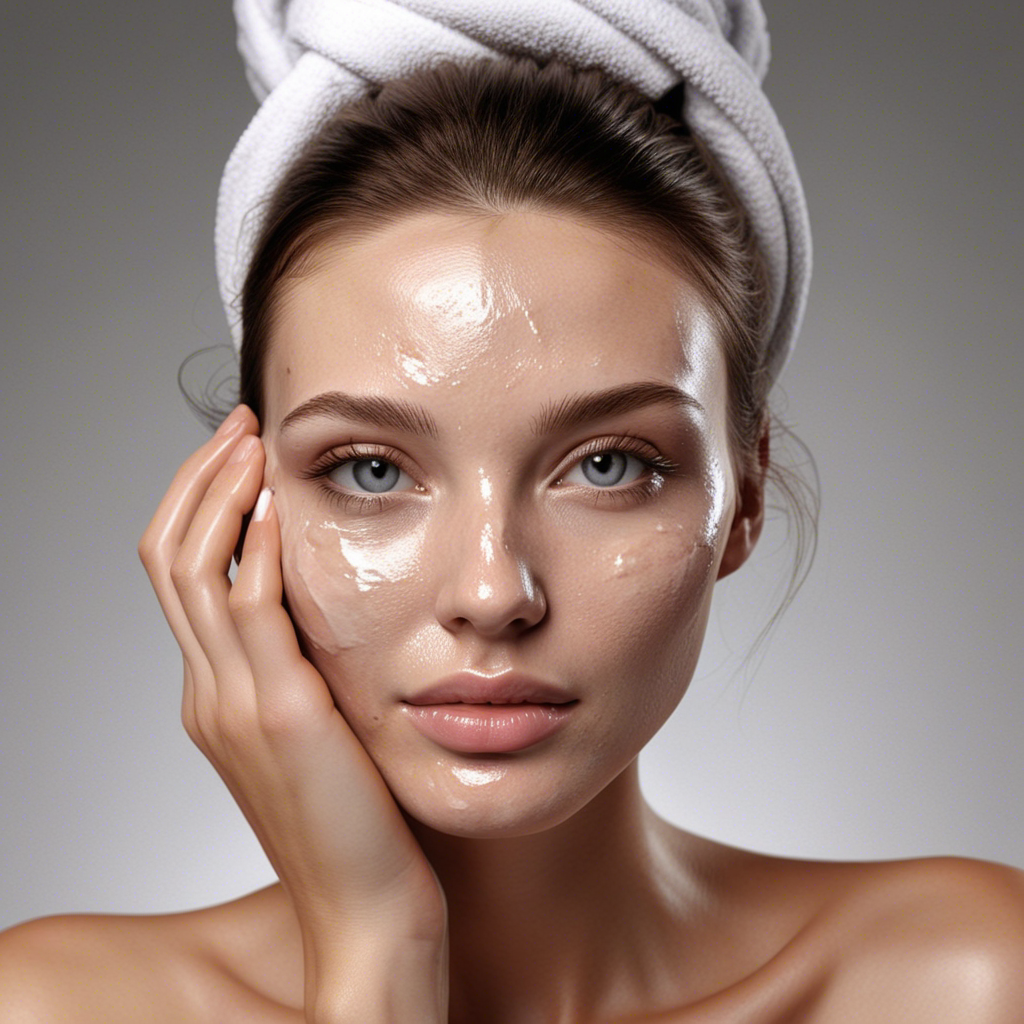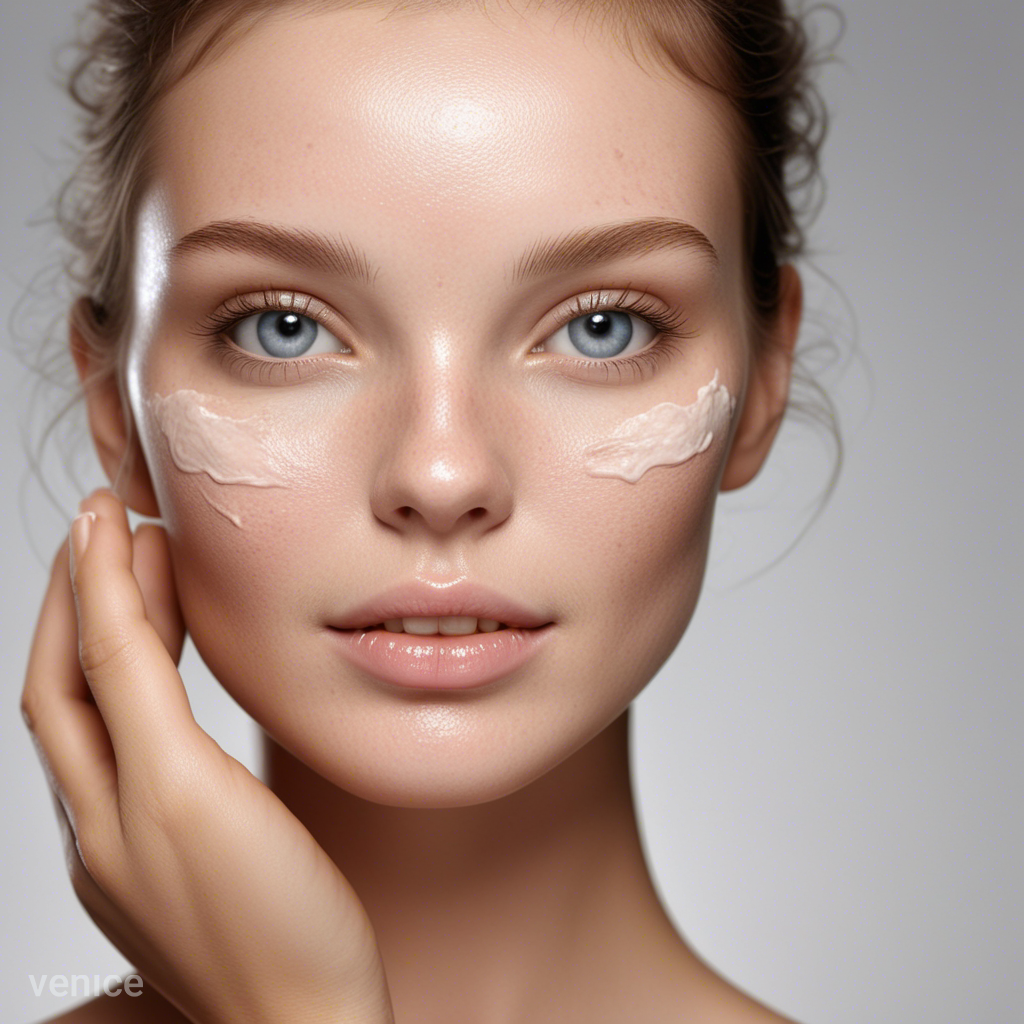Building a personalized skincare regimen can be a daunting task, especially with the numerous products and treatments available. However, by understanding your skin type and concerns, you can create a tailored routine that addresses your unique needs and helps you achieve healthy, glowing skin.
Step 1: Determine Your Skin Type
The first step in building a personalized skincare regimen is to determine your skin type. There are five main skin types:
- Normal: Balanced skin with a smooth texture and minimal pores.
- Dry: Tight, flaky skin with a dull appearance.
- Oily: Shiny skin with large pores and a tendency to break out.
- Combination: A mix of oily and dry skin, with an oily T-zone (forehead, nose, and chin) and dry cheeks.
- Sensitive: Skin that reacts easily to products and environmental factors, often with redness and irritation.
Step 2: Identify Your Skin Concerns
Once you’ve determined your skin type, identify your skin concerns. Do you struggle with:
- Acne: Blackheads, whiteheads, or cystic acne.
- Hyper-pigmentation: Dark spots or discoloration.
- Fine lines and wrinkles: Visible signs of aging.
- Dullness: A lackluster complexion.
- Dehydration: Dry, tight skin.
Step 3: Choose Products for Your Skin Type and Concerns
With your skin type and concerns in mind, choose products that address your specific needs. For example:
- For dry skin: Look for moisturizing products with hyaluronic acid, ceramides, or niacinamide.
- For oily skin: Opt for lightweight, oil-free products with salicylic acid or glycolic acid.
- For combination skin: Use a balancing product with a mix of moisturizing and oil-controlling ingredients.
- For sensitive skin: Choose fragrance-free, hypoallergenic products with soothing ingredients like aloe vera or chamomile.
Step 4: Create a Morning and Nighttime Routine
Develop a morning and nighttime skincare routine that includes:
- Cleansing: Use a gentle cleanser to remove dirt and impurities.
- Toning: Apply a toner to balance your skin’s pH and tighten pores.
- Essence: Use an essence to deliver active ingredients and hydrate your skin.
- Serum: Apply a serum to target specific skin concerns like acne, aging, or hyper-pigmentation.
- Moisturizing: Seal everything in with a moisturizer that suits your skin type.
- Sunscreen: Apply a broad-spectrum sunscreen with at least SPF 30 during the day.
Step 5: Exfoliate and Mask Regularly
Exfoliating and masking can help deep clean your pores, improve skin texture, and address specific skin concerns. Aim to:
- Exfoliate 1-3 times a week: Use a physical or chemical exfoliant to remove dead skin cells and unclog pores.
- Mask 1-2 times a week: Apply a sheet mask, cream mask, or peel-off mask to deliver intense hydration, brightening, or anti-aging benefits.
Step 6: Be Consistent and Patient
Consistency is key when it comes to skincare. Stick to your routine and give your skin time to adjust and respond. Remember:
- It takes time to see results: Allow at least 4-6 weeks for your skin to adjust to new products and routines.
- Be gentle: Avoid over-exfoliating, over-washing, or using harsh products that can strip your skin of its natural oils.
- Stay hydrated: Drink plenty of water throughout the day to keep your skin hydrated from the inside out.
Conclusion
Building a personalized skincare regimen requires patience, persistence, and a deep understanding of your skin type and concerns. By following these steps, you can create a tailored routine that addresses your unique needs and helps you achieve healthy, glowing skin.
Additional Tips
- Get enough sleep: Aim for 7-8 hours of sleep per night to help your skin regenerate and repair itself.
- Eat a balanced diet: Fuel your skin with a diet rich in fruits, vegetables, whole grains, and lean proteins.
- Manage stress: Find healthy ways to manage stress, such as meditation, exercise, or deep breathing.
- Stay protected: Wear sunscreen daily and reapply every 2 hours or immediately after swimming or sweating.


